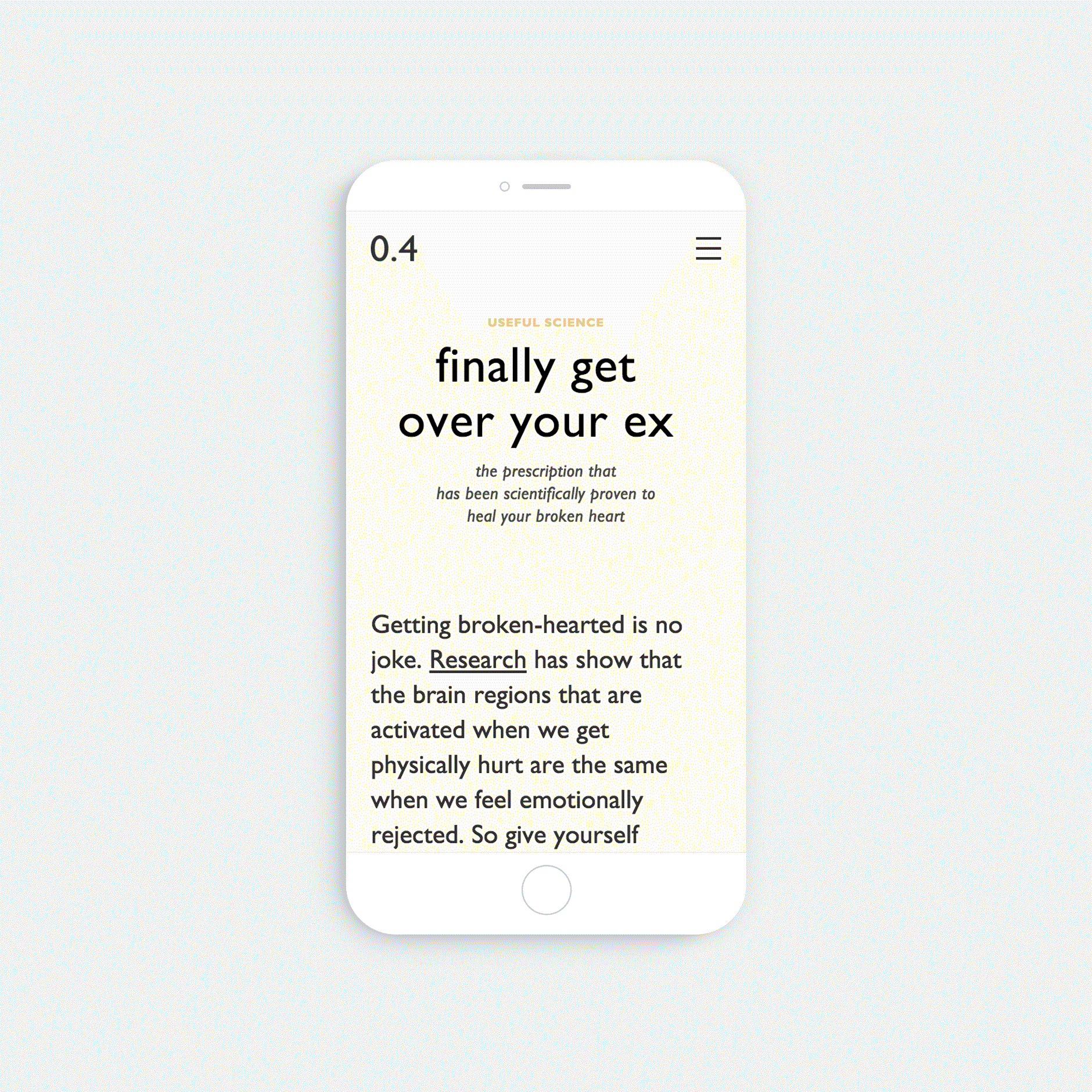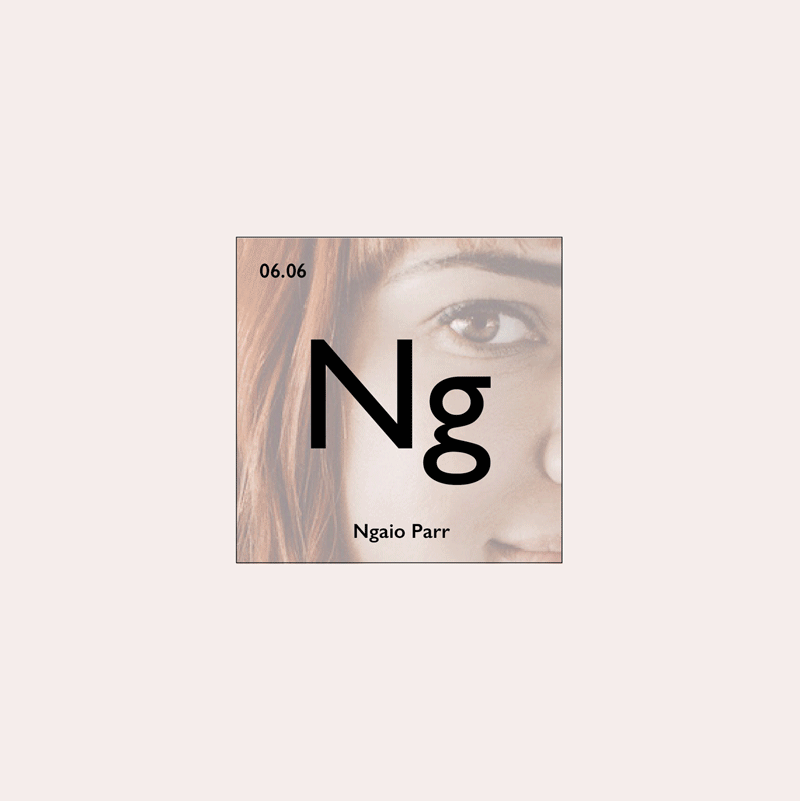Currently, I am Lead Visual Designer at Pilot Lab in Seattle, Washington.
I am always excited to meet new people and creatives so please don't hesitate to reach out.
Select Clientele
Gates Foundation (Pilot)
Microsoft Office (Pilot)
Hilton Hotels (Pilot)
Big Slide Records
Doo Doo Brand
Fionnuala O'Sullivan Real Estate
Clio Dill Design (CDD)
Currently, I am Lead Visual Designer at Pilot Lab in Seattle, Washington.
I am always excited to meet new people and creatives so please don't hesitate to reach out.
Select Clientele
Gates Foundation (Pilot)
Microsoft Office (Pilot)
Hilton Hotels (Pilot)
Big Slide Records
Doo Doo Brand
Fionnuala O'Sullivan Real Estate
Clio Dill Design (CDD)
Currently, I am Lead Visual Designer at Pilot Lab in Seattle, Washington.
I am always excited to meet new people and creatives so please don't hesitate to reach out.
Select Clientele
Gates Foundation (Pilot)
Microsoft Office (Pilot)
Hilton Hotels (Pilot)
Big Slide Records
Doo Doo Brand
Fionnuala O'Sullivan Real Estate
Clio Dill Design (CDD)
Currently, I am Lead Visual Designer at Pilot Lab in Seattle, Washington.
I am always excited to meet new people and creatives so please don't hesitate to reach out.
Select Clientele
Gates Foundation (Pilot)
Microsoft Office (Pilot)
Hilton Hotels (Pilot)
Big Slide Records
Doo Doo Brand
Fionnuala O'Sullivan Real Estate
Clio Dill Design (CDD)
'MOOD FOOD'
During my own experience and research, I found that eating nutritionally-dense meals has a huge impact on mental health. All recipes & photos are by CDD.
'MOOD FOOD'
During my own experience and research, I found that eating nutritionally-dense meals has a huge impact on mental health. All recipes & photos are by CDD.
MIND / BODY / HEART
0.4 is divided into three main sections -- mind, body, and heart -- each of which are color-coded according to color psychology. Articles are written for a broad audience in a light tone, yet maintain the evidence-based approach of 0.4 by linking back to scientific studies.
My friends are my biggest inspiration.
Also, I believe design is a tool that can
change the world.
In my practice, I combine photography, writing, research, and data to inform my work. I believe that content is king and form should follow function.
I've been lucky enough to work with people I am truly inspired by and who I believe are game-changers in whatever industry/field they are a part of whether that's philanthropy, fashion, music, or food & dining.
Nothing makes me more excited than helping the people I admire transform their dreams into a realities. It's pretty rad.
My friends are my biggest inspiration.
Also, I believe design is a tool that can
change the world.
In my practice, I combine photography, writing, research, and data to inform my work. I believe that content is king and form should follow function.
I've been lucky enough to work with people I am truly inspired by and who I believe are game-changers in whatever industry/field they are a part of whether that's philanthropy, fashion, music, or food & dining.
Nothing makes me more excited than helping the people I admire transform their dreams into a realities. It's pretty rad.
My friends are my biggest inspiration.
Also, I believe design is a tool that can
change the world.
In my practice, I combine photography, writing, research, and data to inform my work. I believe that content is king and form should follow function.
I've been lucky enough to work with people I am truly inspired by and who I believe are game-changers in whatever industry/field they are a part of whether that's philanthropy, fashion, music, or food & dining.
Nothing makes me more excited than helping the people I admire transform their dreams into a realities. It's pretty rad.
MIND / BODY / HEART
0.4 is divided into three main sections -- mind, body, and heart -- each of which are color-coded according to color psychology. Articles are written for a broad audience in a light tone, yet maintain the evidence-based approach of 0.4 by linking back to scientific studies.
MIND / BODY / HEART
0.4 is divided into three main sections -- mind, body, and heart -- each of which are color-coded according to color psychology. Articles are written for a broad audience in a light tone, yet maintain the evidence-based approach of 0.4 by linking back to scientific studies.
MIND / BODY / HEART
0.4 is divided into three main sections -- mind, body, and heart -- each of which are color-coded according to color psychology. Articles are written for a broad audience in a light tone, yet maintain the evidence-based approach of 0.4 by linking back to scientific studies.
My friends are my biggest inspiration.
Also, I believe design is a tool that can
change the world.
In my practice, I combine photography, writing, research, and data to inform my work. I believe that content is king and form should follow function.
I've been lucky enough to work with people I am truly inspired by and who I believe are game-changers in whatever industry/field they are a part of whether that's philanthropy, fashion, music, or food & dining.
Nothing makes me more excited than helping the people I admire transform their dreams into a realities. It's pretty rad.
My friends are my biggest inspiration.
Also, I believe design is a tool that can
change the world.
In my practice, I combine photography, writing, research, and data to inform my work. I believe that content is king and form should follow function.
I've been lucky enough to work with people I am truly inspired by and who I believe are game-changers in whatever industry/field they are a part of whether that's philanthropy, fashion, music, or food & dining.
Nothing makes me more excited than helping the people I admire transform their dreams into a realities. It's pretty rad.
—DDB® FOUNDER, MIA TRACHTENBERG
My friends are my biggest inspiration.
Also, I believe design is a tool that can
change the world.
In my practice, I combine photography, writing, research, and data to inform my work. I believe that content is king and form should follow function.
I've been lucky enough to work with people I am truly inspired by and who I believe are game-changers in whatever industry/field they are a part of whether that's philanthropy, fashion, music, or food & dining.
Nothing makes me more excited than helping the people I admire transform their dreams into a realities. It's pretty rad.
My friends are my biggest inspiration.
Also, I believe design is a tool that can
change the world.
In my practice, I combine photography, writing, research, and data to inform my work. I believe that content is king and form should follow function.
I've been lucky enough to work with people I am truly inspired by and who I believe are game-changers in whatever industry/field they are a part of whether that's philanthropy, fashion, music, or food & dining.
Nothing makes me more excited than helping the people I admire transform their dreams into a realities. It's pretty rad.




0.4 Magazine
As a person who has dealt with depression and anxiety, the way I dealt with this was very design-oriented.
The Process
-
I researched.
-
I interviewed.
-
I concepted.
-
I tested out things and made modifications.
-
And I created.
After the first time I went through a depressive episode, I made certain lifestyle changes that really affected my physical and mental health. These included: meditating, eating a more plant-based diet, and continuing to educate myself about the science of happiness -- aka, positive psychology.
In a study, psychologist Sonja Lyubomirsky revealed that 40% of your happiness is due to intentional thoughts, actions, and behaviors. 0.4 Magazine is a print and online editorial focused on *that* 40%: highlighting evidence-based ways we can increase our happiness.
The goal for 0.4 is to inspire, educate, provide a community and share perspectives.

I read numerous books in the research phase of 0.4 Magazine. However, the most inspirational content I digested early on in the process was an OnBeing podcast with Ellen Langer, where she discussed mindfulness and neuroplasticity.
This really f*cked me up and led me to go buy her book Mindfulness, which really informed a lot of the writing in the 'Mind' section of the editorial.
In a study, psychologist Sonja Lyubomirsky revealed that 40% of your happiness is due to intentional thoughts, actions, and behaviors. 0.4 Magazine is a print and online editorial focused on *that* 40%: highlighting evidence-based ways we can increase our happiness.




A lot of what informed the content strategy of 0.4 was my own trial and error: testing the science on myself to see what worked and didn't.
A few things that worked:
-
I enrolled in a Positive Psych class with Tim Bono at WashU and applied what I learned from his lectures to my life
-
I followed plant-based recipes by Rosanna Davison, who was a nutritionist
-
I started meditating and 're-framing'
-
I even deleted Facebook (didn't have Instagram at the time)
I noticed all of these small changes made big differences to my mental and physical health.



I wanted to know how the inspirational people in my life maintained their happiness so I designed a set of 21 questions and called it 'Periodical Perspectives.'
From a design perspective, this was research.

Social Media & Brand Awareness
I did this by reaching out to outlets and doing features and interviews with them:

Business: Selling the First Issue
Toward the end of May, I decided to release the first print issue of the magazine.
I emailed bookstores and walked into stores in LA, Seattle and NYC with a copy of the issue in my hand pitching the magazine.
0.4 Magazine is currently sold in select stores in NYC, LA, Seattle, Portland, and has now also been sold internationally.


In a study, psychologist Sonja Lyubomirsky revealed that 40% of your happiness is due to intentional thoughts, actions, and behaviors. 0.4 Magazine is a print and online editorial focused on *that* 40%: highlighting evidence-based ways we can increase our happiness.
I also set up an online store for 0.4 Magazine, with original designs.
A few of the offerings include:
— iPhone cases
— tapestries
— stationary


Each media outlet has a different goal.
1. The print magazine aims to deliver content in a packaged, research-focused way. It is the most scientific end of the spectrum -- with every article linking back to some scientific study.
2. The online platform is an opportunity to include other perspectives and use motion, interaction design, and the digital experience to enhance the user experience.
3. The Instagram is a way to test out designs to see what resonates with the community. Business analytics allow me to see what resonates the most so I test different captions, aesthetics, and so forth to try and communicate an authentic and well-shared message.

You deserve happiness and you will be happier if you put in the work. As social psychologist Dan Gilbert says, “We synthesize happiness, but we think it is a thing to be found.”
